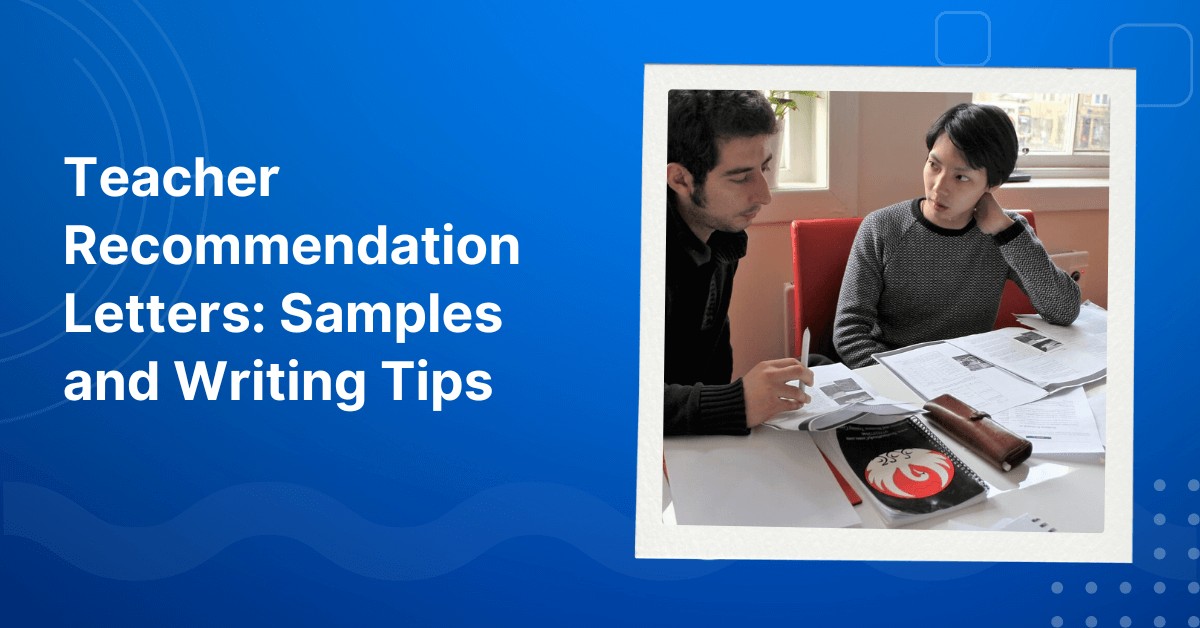1. Learn a new language yourself
This is probably one of the most underrated aspects when you want to improve your teaching skills. It gives you an insight into how your students are feeling during class and what teaching methods work best.
Depending on the country you are teaching in, knowing the native language of your students will enable you to help them a lot more than you would imagine. They may struggle to translate a word, or struggle with an aspect of the grammar. Knowing their language will allow you to solve issues regarding translation and understanding much quicker.
If you learnt a language yourself then you get insight into the mindset of a learner
If you learnt a language yourself then you get insight into the mindset of a learner, which should help you to relate to your students better. Vietnamese is a diverse and abundant language so the process can be difficult at times, but as you have succeeded you can use your experience to support and help your students.
2. Don’t be a dictator when teaching ESL
Don’t be a dictator when teaching ESL
As a teacher, the classroom is not only about you, but also about the students. This is not to imply that you should let students walk over you or that they shouldn’t behave themselves in a respectful manner. What it means is that you should create a classroom environment where the students feel comfortable to speak, ask questions, be creative and engage not only with you but also with their fellow classmates. It is not your job to get up there, lecture them and to talk them down. If you are a person with control issues, then you better not to be teaching ESL.
If you are teaching adults, remember that your students are adults and never treat them like children. Just because they speak English at a low-level doesn’t mean they aren’t well-educated and dignified in their own language. When you teach adults at a private language school, the reality is that if they can afford to take your course, they are probably a lot more successful in life than you are, so show them respect.
3. Learn to be quiet and let students do the work
Learn to be quiet and let students do the work
So how does a teacher get his or her students to talk for the longest duration of the class? The first thing that teachers should remember is to be quiet and stop talking sometimes! If you are new to teaching or just a teacher that talks too much, learn to talk less and listen more. If you are teaching grammar, show them a few examples on the board, check their understanding and then let them engage in pairs or find other activities.
Every opportunity to speak in the classroom should be afforded to the students. If someone asks a question about vocabulary, ask a more advanced student to explain the answer. Don’t read the directions of an assignment, but have a student do it.
In other words, let the students do as much work as possible, which ultimately will make your job easier and provide them with more opportunities to speak. By the time the class finishes, they should feel slightly exhausted from speaking so much in another language but they will remember the way to pronounce.
4. Try to be funny in the classroom
It’s perfectly fine to make jokes and to allow the students to act in a humorous way with each other
There are some teachers who feel that they must be uptight and on some kind of power trip when instructing a class. But being too serious in the classroom is the worst thing you can do when teaching ESL and such an attitude will antagonize a lot of students. In reality, teaching ESL is half teaching and half entertaining. This is not to say that you have to be a clown, there is a difference between being a clown and being humorous or funny.
It’s perfectly fine to make jokes, to tease students and to allow the students to act in a humorous way with each other. One way of creating a class full of humor is to use a lot of activities. If you are teaching adults, have some interesting, yet funny discussion questions and implement some creative group exercises into the mix. If you are teaching kids, make sure to have plenty of fun ESL games and never be too serious with them.
The most successful ESL teachers have always been the ones that are good at using appropriate humor in class. Most importantly, a good laugh here and there will allow your students to relax, stimulate the creative parts of their brains and feel more comfortable to speak up in front of the class.
A note: Never show your personal problems in the classroom. This can be quite difficult at times since teaching does not afford the opportunity to zone out as much as working in an office.There are days when you don’t want to speak to anyone and don’t feel like joking, yet it is your job to be active and to engage with your students for hours at a time. It is difficult to keep a smile on your face and to be cheerful when dealing with a personal issue. However, you will lose credibility quickly with your students if you appear to be irritable, upset or aloof. Sometimes you just need to power through.
5. Keep students busy
“The devil makes work for idle thumbs”
It’s absolutely true for young-learners and being bored is a sure-fire for kids to misbehave. Even in adult classes, the students might tolerate it, but only for a while.
Ensure that students always have something to keep them occupied: whether it’s an extra question, coloring (for kids ofcourse) or finding difficult words in a text.
“Keep ’em busy”
Equally, don’t allow the strongest students to dominate any whole-class activities. This means that some students are not being involved as much and again these students could cause problems for you. If students are being quiet, try to include them in the conversation. If their level is low, look for opportunities to build their confidence by asking them questions to which you know they have the right answer.
6. Try out new things
For new teachers, this isn’t really a problem as it’s all new! But teachers do face a danger of slipping into always doing things the same way.
When this happens, they become less willing to adapt and perhaps start to get frustrated as they notice problems in their teaching and refuse to change. There are no perfect teachers, no perfect lessons, students, techniques, approaches or activities. If we’re lucky, some lessons plans will work so well that it almost feels perfect, but it’s unrealistic that this will happen all the time. However, the more we change our methods, our lessons, and our set of ESL resources, the more frequently we can enjoy these moments where we seemed to get everything completely spot on. Experimentation is the key.
7. Reflect and ask for feedback
As with the previous point, good teachers reflect on their lessons. Even after good lessons, it is important (and more pleasant) to reflect on what worked and what didn’t and the reasons why that was. Teaching is a never-ending cycle of improvement, so long as we keep the wheel turning by reflecting. Reflecting can take many forms. It can be sitting on the bus or metro thinking to yourself, it could be keeping a journal, try meditation or recording your thoughts with a digital recorder. To help with reflection, good teachers ask feedback from their ESL students and other professionals.
Mediocre and bad teachers are afraid to be told how mediocre and bad they are. Good teachers are not afraid because they will generally be told that they are good, or they will turn it into good feedback next time. There are many ways to collect feedback besides the standard evaluation forms. Many can be incorporated into classroom routines. Collecting feedback from colleagues and bosses generally tends to involve observations. You can also get feedback from discussions, sharing resources and lesson plans or perhaps even demonstrating techniques to each other.
Are you facing difficulties in finding and securing teaching positions in Vietnam? Are visa procedures causing you trouble? Feeling overwhelmed and directionless upon your arrival in Vietnam for teaching assignments? Don’t worry, VTJ’s English Teaching Placement in Vietnam (EPIV) Program 2024 provides comprehensive support to solve ALL the matters.
👉👉👉 Click HERE to request free consultation







